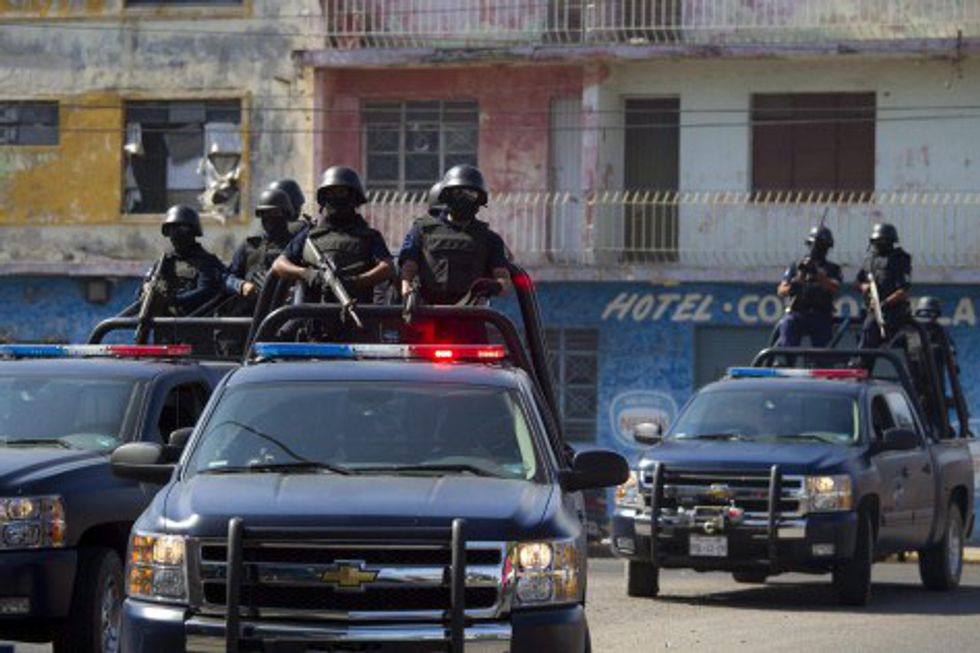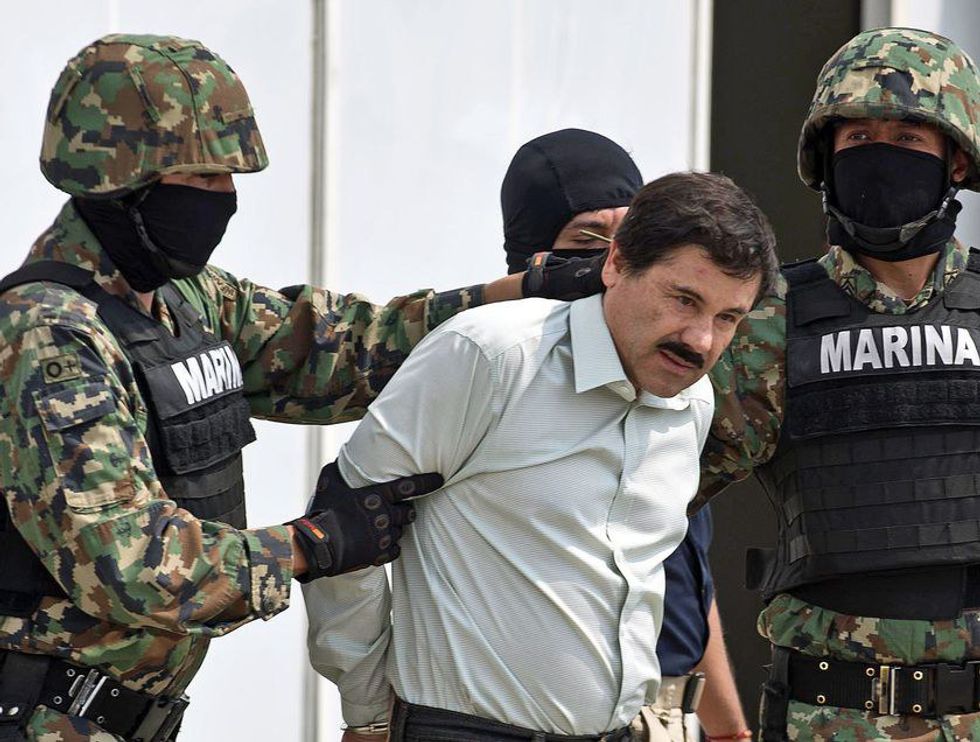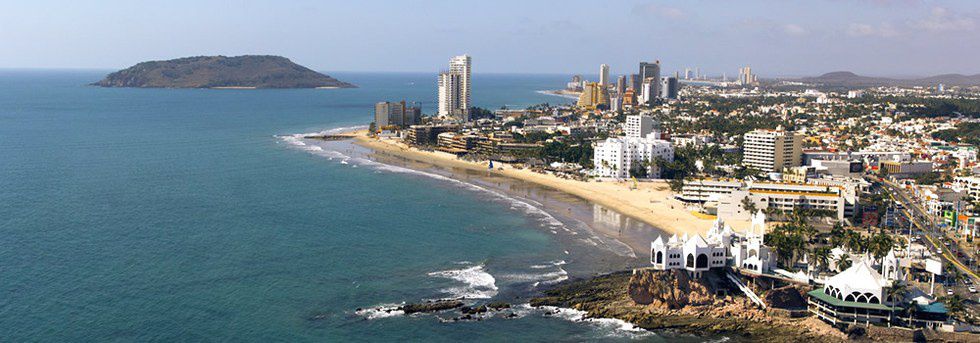It’s a myth that marijuana is green. Or that cocaine is white. They’re red. The drug war has claimed the lives of 80,000 men, women, and children. This is a conservative estimate. The real number is much higher. This is just on the Mexican side. It doesn’t count the Taliban soldiers growing opium in Afghanistan. Nor the paramilitary forces fighting for control over the Columbian cocaine market. This doesn’t count the countless overdoes from heroin, cocaine, and other narcotics. The cartels have killed the female mayors for being brave, assassinated police chiefs hours after they were sworn in, and journalists for telling the truth.
In the past fifteen years, we’ve seen two major drug wars, the second of which premiered this last year, and has proven to be just as bloody as its predecessor. This war was sparked after the 3rd incarceration of Joaquin Guzman Loera, better known by his moniker “El Chapo.” Guzman was the head of the Sinaloa Cartel, which as of two years ago was the dominate cartel in Mexico. During Guzman’s incarceration, The Cartel de Jalisco Nueva Generation (CJNG) decided that this was the time for them to make a play and take some territory for themselves. Since then, cities such as Tijuana have seen homicide rates surpassing their record highs. Tijuana ended 2016 with 910 murders.
The drug war is a very complicated and torturous issue, one that has been chronicled by authors and journalists such as Ioan Grillo, Don Winslow, and Sam Quiones. It is a serpentining tale of corruption and deceit from both the American and Mexican authorities. A story of heroism from Mexico’s citizens and of selfish indulgence from drug users. But, I don’t have anything new to explain about the issue.
As I write this, I am sitting on a balcony looking at the isles of Pajaros y Venados. These are the two islands which loom off the coast of Mazatlan, a beach city 135 miles south of Cuiliacan, the stronghold of the Sinaloa Cartel. In 2014, Guzman, as shown above, was caught for the second time in Mazatlan, while he vacationed with his family. I have been traveling to this beautiful city for fifteen years, this is the first time I have felt the pressure of the drug war. As I look out on the beautiful beaches of Mazatlan, sipping at a Pacifico con Limone, I can’t help but feel guilty. This is an amazing country. Its citizens are generous and kind. But they have suffered from the greed of cartels and the insatiable excess of my country. If Americans weren’t snorting and smoking everything in sight, none of this would be happening.
I was at a party recently, where a fratty douche was bragging about this “dank kush,” he’d gotten from Mexico. What a prick. Fratty Douche doesn’t know what it took to pack his bowl. He doesn’t know how many people have died for us to get high. I have nothing against marijuana, as long as it has been grown in the United States. There’s nothing immoral about the drug itself, the same way that there is nothing immoral about alcohol. But no one is killed over alcohol. Not since the failed experiment of prohibition. Eighty thousand Mexicans have died in the last fifteen years to deliver cocaine, heroin, and marijuana to the United States. How can we say that these deaths are worth it? Their lives are worth no less than ours. Yet, the drug war statistics would disagree.
Let’s not pretend that taking a bump of coke is a victimless crime. There have been plenty of victims. They are buried in mass graves south of the border. The actions we take have consequences. And we must accept the responsibility. If we all went cold turkey, the drug war would end. But if there is a market for scumbags to peddle narcotics, the deaths will continue. On both sides of the border. Econ 101. But if we eliminate the demand, the market will die and with it the narcos. This doesn’t seem likely. Heroin overdoses are at a twenty-year high and climbing. Until the day comes when we can shed selfish indulgences, all I can do is feel sorry for the people of Mexico. They have never gotten what they deserve.

Recreational drugs happen to be an entirely different issue. By this I mean people who go out and buy a gram of blow because “It’s Friday!” Or the college kid who buys a dime bag of weed from Mexico because it’s cheaper. These people are part of the problem and unlike many addicts, they have the power to stop.
Until these things change, criminals will continue their reign of terror, people will die, and in the end, we all suffer.
I’m catching a plane back to Los Angeles tomorrow. Happy to be going back, yet still sad to be leaving this place again. I’ll miss the chorreadas, the culture, and attempting to communicate through the pathetic scraps of Spanish that remain from high school. I won’t miss the armed soldiers patrolling the streets. Or the embarrassment in Sinaloan’s eyes when they hear of narcos like Joaquin Guzman. And I won’t miss the phrase, “the Mexican drug problem.” We’re the ones with the problem. They’re just the victims of our problem.
I love Mexico. The beaches, the music, the food. The people. It’s a beautiful country. One that has suffered far too much because of our selfish choices.













































